The National Ethnic Disability Alliance (NEDA) has developed a free specialised training program on Interpreting in NDIS Settings in collaboration with NAATI and RMIT University’s T&I Program.
This is hosted on our NAATI Learn platform. You can access it from this link. You will need to create an account if you want to download your completion certificates.
NEDA is a national Disabled People’s Organisation that advocates federally for the human rights of people with disability and their families from culturally and linguistically diverse and non-English speaking backgrounds. NEDA works closely with its member organisations and service providers and acknowledges the importance of interpreters’ role in NDIS service settings. The aim of this training is to provide interpreters with the skills and knowledge to work in NDIS settings.
Research in Australia (e.g. Lai, 2021) exploring interpreters’ experiences and reports from service providers indicate a need for interpreter training. This collaborative project also contain components to train NDIS service providers on how to work with interpreters to maximise service delivery quality.
Course structure
This training can be accessed here on NAATI Learn, and includes the following six modules and registration for two live webinars:
Module 1 – NDIS and Interpreters
Module 2 – Preparing for a NDIS interpreting assignment
Module 3 – Terminology challenges
Module 4 – Ethical challenges
Module 5 – Working as a team
Module 6 – NDIS interpreting scenarios
Webinar 1 – [After completing modules 1-5] Best interpreter is invisible and non-interactive. Or is it?
- The next webinar 1 is scheduled for Monday, 24 July 2023, 3:00-4:15pm AEST
Webinar 2 – [After completing all 6 modules] Demand and control schema to support ethical decision making
- The next webinar 2 is scheduled for Monday, 28 August 2023, 3:00-4:15pm AEST
Skills and knowledge offered
Completing this training will equip you with the following skills and knowledge:
- Comprehensive knowledge of NDIS.
- How to confidently prepare for NDIS interpreting assignments.
- How to resolve terminological challenges and how to create a glossary.
- Identify ethical challenges in NDIS settings.
- Demand and control schema to support ethical decision making.
- How to implement self-reflective practise.
- How to work as a team with NDIS service providers.
- Real-life issues encountered in interpreter- mediated NDIS encounters.
- Understand what patient-centredness and cultural-centredness are.
- How to facilitate best practice interpreting to achieve best outcome.
Points towards recertification
- Six modules = 60 points: you must complete all six modules to receive a certificate worth 60 professional development (PD) points covering a combination of Category 1: Skills Development and Knowledge – subcategory 1.4, and Category 2: Industry Engagement – Ethics sub-category 2.20.
- Webinar 1 = 10 points: you will receive a certificate worth 10 PD points under Category 1: Skills Development and Knowledge – subcategory 1.4.
- Webinar 2 = 10 points: you will receive a certificate worth 10 PD points under Category 2: Industry Engagement – Ethics sub-category 2.20.

